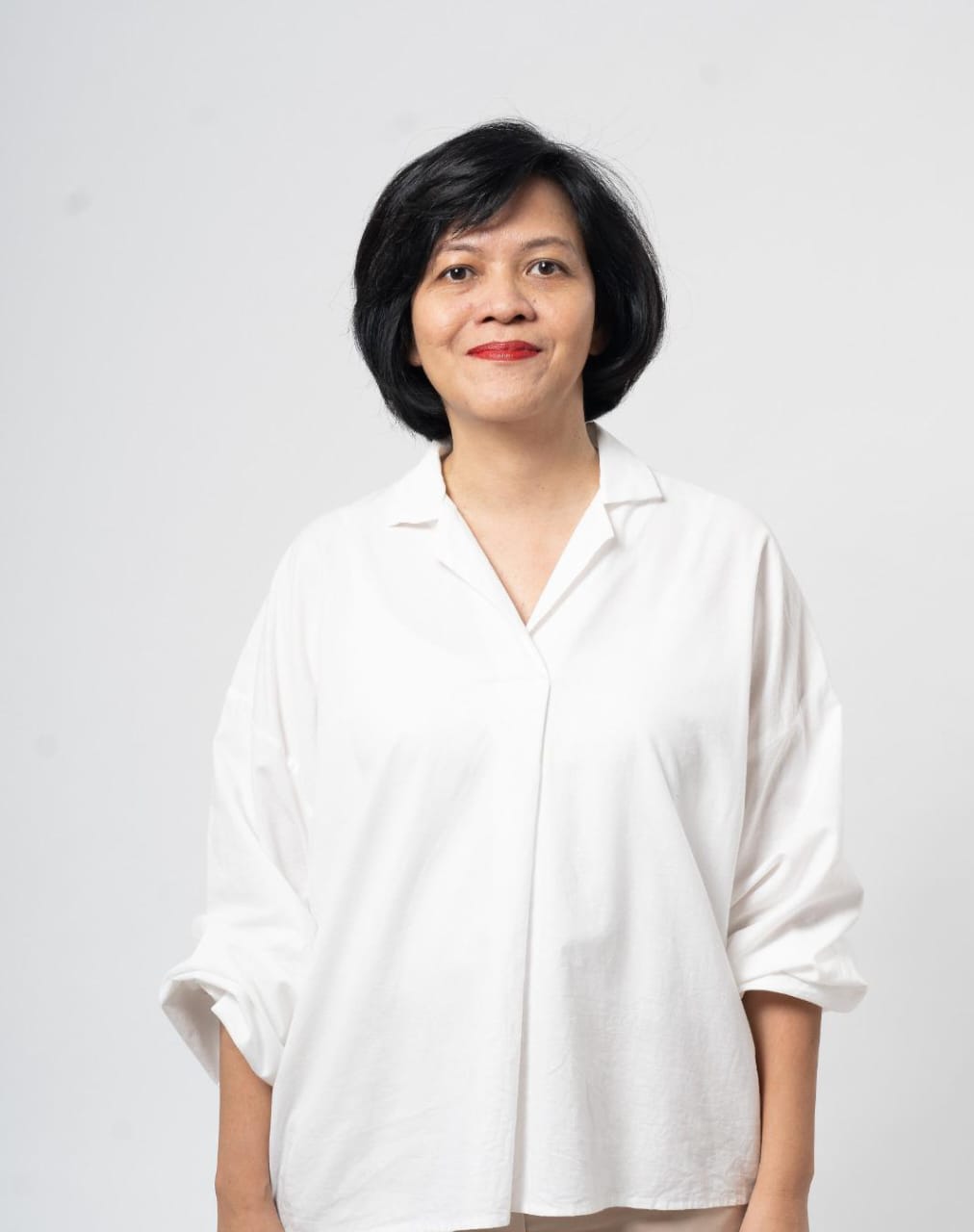Wednesday, August 23rd 2023. Iman Abdullah, S.Si., M.Si., Ph.D., lecturer at the Department of Chemistry, Faculty of Mathematics and Natural Sciences (FMIPA), Universitas Indonesia (UI), succeeded in obtaining research grant funding support Palm Oil Year 2023 for the bioenergy sector, organized by the Oil Palm Plantation Fund Management Agency (BPDPKS). He obtained it after first sending a research proposal entitled “Increasing the Added Value of Glycerol through the Dehydration-Oxidation Reaction to Acrylic Acid”.
“This research aims to develop Cu/Ag-based heterogeneous catalysts and a glycerol conversion reaction system to obtain optimum reaction conditions, as well as develop reactions on a larger scale,” Iman explained. This research has the advantage because Cu-based catalysts have lower production costs than precious metal-based catalysts.
This research was conducted over a period of two years, namely from 2023-2024. During this time, Iman and a team consisting of lecturers and researchers from the Department of Chemistry, FMIPA UI, namely Dr. Yuni K. Krisnandi, M.Sc., and Dr. Rahmat Wibowo, M.Sc., collaborated with a research team from the Energy Conversion and Conservation Research Center, National Research and Innovation Agency (BRIN). The team from BRIN consists of Fatimah Tresna Pratiwi, S.Si, M.Eng .; Maharani Dewi S, S.T., M.Sc.; Khairil Amri, S.T., M.T.; and Palupi Tri W., ST., M.Eng.Sc. This collaboration includes preparation of catalysts and study of reaction conditions, and development of reactions on a larger scale using a batch stirred tank reactor (BSTR).
Glycerol is a derivative product from the palm oil industry, which until now has not been used optimally. Glycerol has a low selling value, or even just considered as waste. With Indonesia’s position as the largest palm oil producer in the world, of course, there is a huge abundance of glycerol from the palm oil industry in Indonesia. Therefore, efforts are needed to increase the added value of glycerol, one of which is through conversion to acrylic acid.
As is known, acrylic acid is a very important monomer in the manufacture of various types of polymers, and has wide applications and uses. However, to be able to convert glycerol into acrylic acid, a bifunctional catalyst is needed which is able to provide high yield and selectivity.
“The reaction of converting glycerol to acrylic acid which consists of two stages can be carried out in one reactor simultaneously (one pot reaction), the reaction is also carried out under mild conditions,” said Iman explaining his research activities.
Dede Djuhana, the Dean of FMIPA UI, expressed his appreciation and support for Iman’s achievements in the 2023 Palm Oil Research Grant which was announced on Monday (19/6) . He also said, “The innovative research and use of technology carried out by our academic community is a form of FMIPA UI’s active participation in developing the country. Therefore, we hope that the results of this research can later be utilized by the palm oil industry, the government, and society, both as a reference in implementing the development of the palm oil industry and its products and as a regulatory basis for better sustainability of the palm oil industry,” said Dede.
The Palm Oil Research Grant is one of the BPDPKS programs which is carried out routinely every year as a commitment to increasing the progress of the palm oil industry. The research and development program for oil palm plantations from upstream to downstream aspects developed by BPDPKS is one of BPDPKS’ efforts to strengthen, develop and elevate the empowerment of plantations and the national palm oil industry. More research results will have a positive impact on Indonesian palm oil products in the global market.



